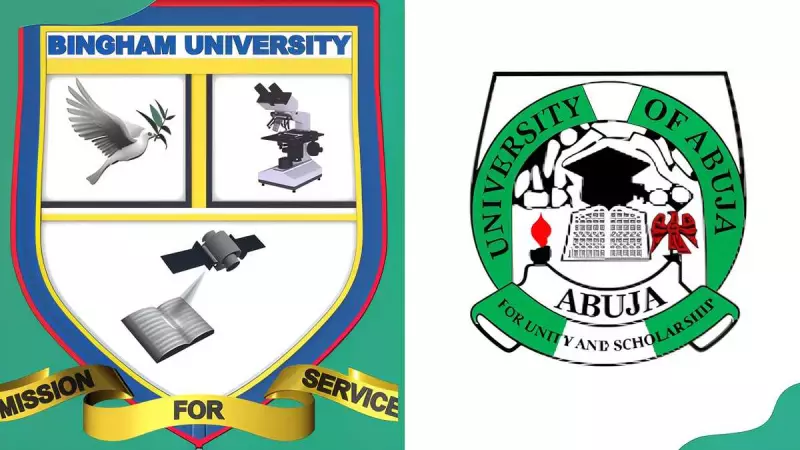
As the 2025/2026 academic session approaches, thousands of prospective students and parents are facing the critical question: how much will university education in Abuja actually cost? The capital city, known for its high standard of living, presents unique financial challenges for families seeking quality higher education.
The Reality of University Costs in Nigeria's Capital
Recent data analysis reveals a stark contrast in tuition fees across Abuja's higher education institutions. While some universities demand premium prices that could strain middle-class budgets, others offer surprisingly affordable alternatives without compromising educational standards.
Federal Universities: The Budget-Friendly Champions
The University of Abuja continues to lead as the most cost-effective option for quality education. With fees ranging between ₦45,000 and ₦₦65,000 per session, this federal institution remains accessible to students from diverse economic backgrounds. The relatively low fees, combined with federal government subsidies, make it a top choice for budget-conscious families.
State Universities: Middle-Ground Alternatives
State-owned institutions present a moderate pricing tier. Baze University, while positioned as a private institution, offers competitive packages that balance quality with relative affordability. Their fee structure typically falls between ₦1.5 million and ₦2.5 million annually, depending on the program and facilities required.
Private Universities: Premium Education at a Price
The private university sector in Abuja showcases the widest fee disparities. While some elite institutions charge upwards of ₦3 million per session, others have developed more moderate fee structures to attract middle-class students. The key differentiator often lies in specialized programs and state-of-the-art facilities.
Beyond Tuition: The Hidden Costs of University Education
Smart financial planning requires looking beyond just tuition fees. Prospective students must budget for several additional expenses:
- Accommodation: Hostel fees or off-campus rent can range from ₦150,000 to ₦500,000 annually
- Feeding and Utilities: Monthly living expenses typically cost between ₦30,000 and ₦80,000
- Books and Materials: Academic resources may require ₦50,000 to ₦150,000 per session
- Transportation: Daily commuting costs can add ₦20,000 to ₦50,000 monthly
- Miscellaneous Fees: Registration, medical, and other administrative charges
Expert Tips for Affordable University Education in Abuja
- Research Scholarship Opportunities: Many institutions offer academic and needs-based scholarships that can significantly reduce costs
- Consider Federal Institutions First: Government-subsidized universities provide the most budget-friendly options
- Explore Payment Plans: Some private universities offer installment payment options
- Calculate Total Costs: Always factor in accommodation, feeding, and transportation when comparing institutions
- Look Beyond Brand Names: Lesser-known institutions often provide quality education at more reasonable rates
The Future of Affordable Education in Abuja
As Nigeria continues to grapple with economic challenges, the conversation around accessible higher education becomes increasingly important. The data suggests that while Abuja remains one of Nigeria's more expensive cities for university education, strategic choices can make quality education attainable for determined students.
The 2025/2026 academic year presents both challenges and opportunities for prospective students. With careful planning and informed decision-making, a university education in Nigeria's capital remains within reach for those who know where to look.






